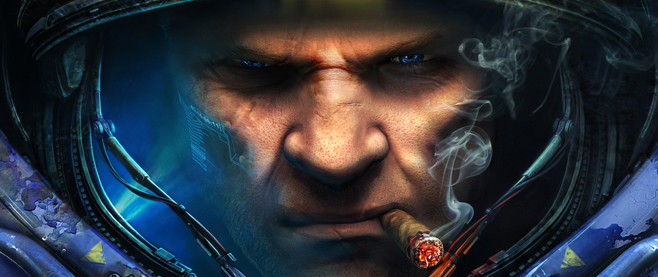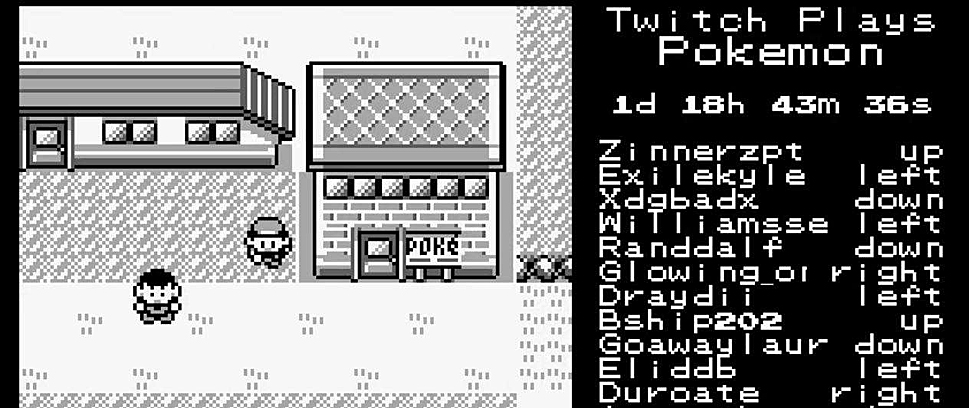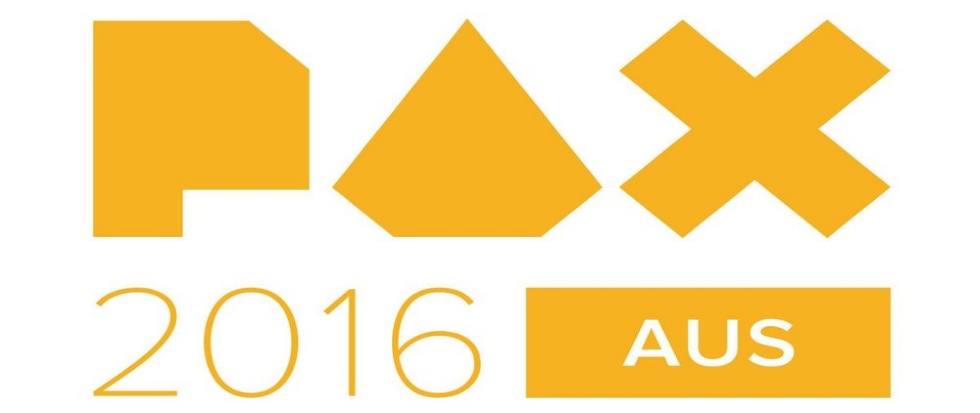
PC Gaming Is in Your Head
The PC has received its share of complaints: expensive components, driver updates, shoddy ports, pot-luck compatibility. Things like Steam and greater third-party support have chipped away at these presumptions, but many continue to question the value of gaming on a system that requires so much hoop-jumping. There are the typical justifications of better graphics, higher frame rates and cheaper games, and as valid as those points are, they’re not what bring me to the monitor. For me, the benefits of PC gaming are all in the head.
Let’s start with one of the biggest sticking points, performance issues. Getting a game to run properly on PC can be tough. Maybe it doesn’t like your hardware configuration, maybe another program is butting heads with it. Or maybe it’s just poorly optimized. You update your drivers, you shut down all background tasks, you tweak endless sliders and config files, and finally you get it working. You sit back and bask in your success. You feel empowered, and that satisfaction bleeds into the play experience. The game feels better, somehow.
This phenomenon is known as the IKEA effect. When we invest effort in something, whether it’s building a table or persuading a game to run smoothly, we value the end product higher than a functionally equivalent counterpart. We might not think much of the origami crane for sale on the street corner, but the one we fold with our own two hands is a priceless masterpiece.
It’s an investment, and we feel a sense of ownership over the final result. And then, of course, there’s the sunk-cost fallacy and the self-justification that comes with it. If you put your blood, sweat and tears into getting a game to run, it must be good. Why else would you have wasted the time?
Individuality also plays a prominent role in the appeal of PC gaming. Unique gaming experiences are already a selling point for titles like Skyrim and MGS V, and the stories they generate are so compelling because we are their authors. PC gaming evokes that same attachment. The components we choose, the settings we tweak, the quirks we deal with – they all contribute to our personal tale of frustration and success. Even when the result is less than we hoped for, we take solace in the fact that it is ours and ours alone. Like the sloppy home-made burger that tastes better than a Big Mac, your PC is yours.
A sense of control is another tool in PC gaming’s belt. If we don’t feel like we have agency over our situation, we get stressed and resentful. When a game’s performance is patchy, or its content clashes with phobias or disabilities, a PC player can avoid the stress by seeking out solutions devised by other  players. Performance mods, translation patches, unofficial bug fixes: there are always ways to shape the experience to better suit your needs. Even if you never adjust the default graphics settings and have no real interest in mods, the fact that the option is there empowers your play experience. There is comfort in always having a Plan B.
players. Performance mods, translation patches, unofficial bug fixes: there are always ways to shape the experience to better suit your needs. Even if you never adjust the default graphics settings and have no real interest in mods, the fact that the option is there empowers your play experience. There is comfort in always having a Plan B.
PC gaming is a tricky beast. It can play with you as much as you do with it, and that’s why I love it: it’s an intimate tête-à-tête that fosters a sense of ownership over the experience. My PC is like no other, because it exists as much in my head as it does on my desk.





